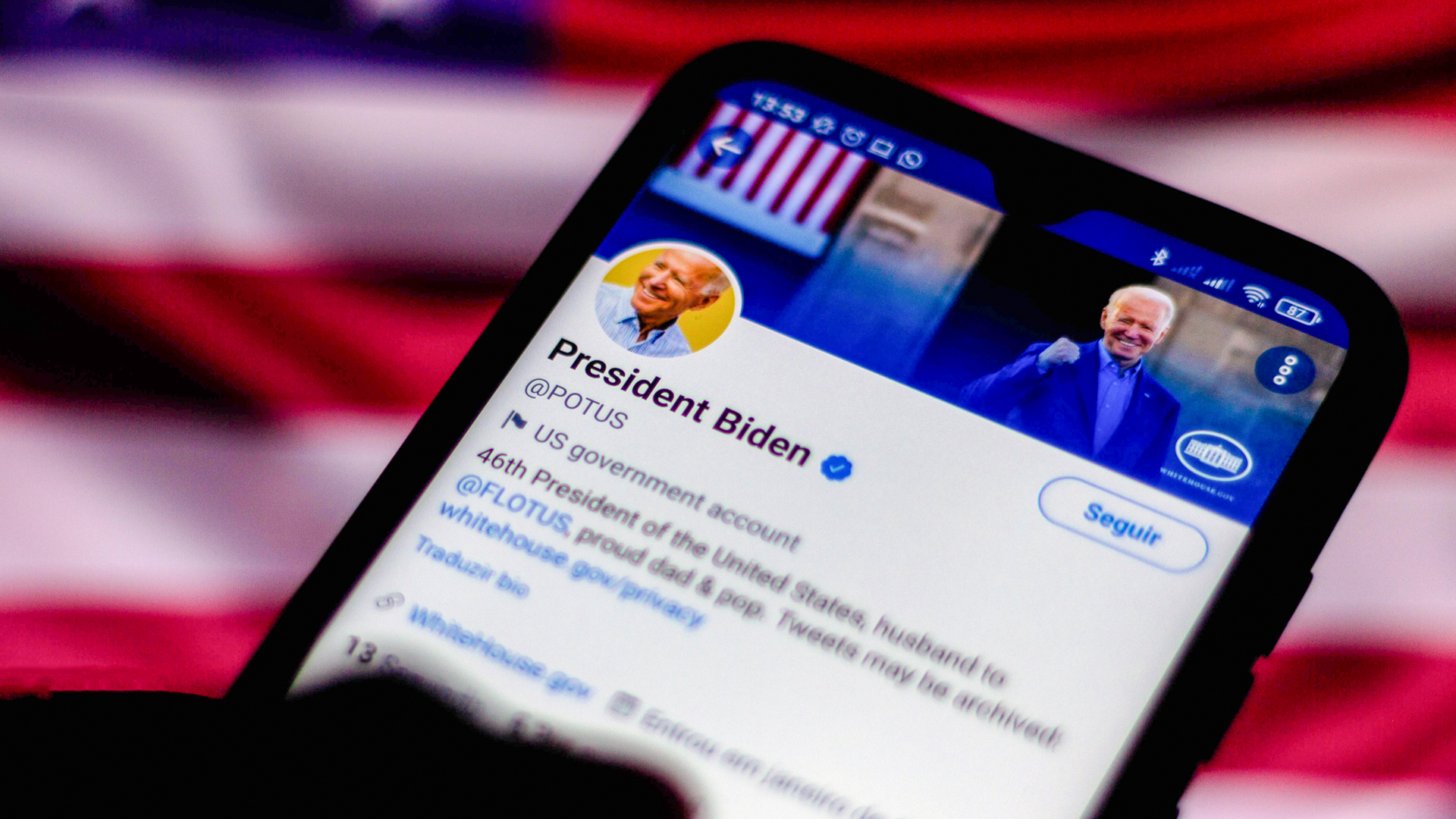Is U.S. President Biden experiencing cognitive decline?

President Joe Biden has announced his withdrawal from the United States presidential race following weeks of speculation.
Calls for Biden to withdraw his candidacy intensified after his performance in the first presidential debate, with many pundits, political supporters and opponents expressing concerns relating to his age, health and ability to win at the polls.
Professor Nicolas Cherbuin is the Co-Head of the Department of Health, Economics, Wellbeing and Society at The Australian National University (ANU). He says it’s been possible to observe the change in Biden’s physical health and cognitive abilities in news footage over the years.
“People like Biden are so closely followed, so we have footage of him in similar situations over time,” Cherbuin says.
“I’m not trying to give a diagnosis, but there is no doubt there’s been a significant decline.”
“Physically, we can clearly see there are some movement difficulties. This may just be stiffness that comes with age. But given the rigidness of his posture, you have to start wondering if there’s more to it. People have talked about signs of Parkinson’s, which can also be related to dementia.”
At 81, Biden is oldest president in American history, and the ninth oldest world leader, according to Pew Research Center. Cherbuin notes that the President’s incredibly hectic schedule would undoubtedly have an impact on his cognitive function.
“Biden is the leader of the free world, which means he doesn’t have the typical diary of an 80-year-old,” Cherbuin says.
“It means he doesn’t have enough sleep. This is a problem because there is a plethora of evidence showing that sleep deprivation impacts cognition. And this would impact an 80-year-old more than a 40-year-old or a 20-year-old.”
When it comes to our brain development, processes such as memory, reaction time and attention are at their peak in our early to mid-twenties. From there, at a population level, we begin to experience a decline in these functions. Between the ages of 20 and 80, we lose about 10 per cent of the neurons in our brains, and around 25 per cent of the cells that support and nurture those neurons.
“We lose a lot of the connections within the brain and between neurons, and also these big pathways between brain regions,” Cherbuin says.
“The consequence is that our brain becomes less resilient, and there is more noise or more variability in the decisions we make, and more scope for mistakes to be made.”
This decline is gradual in most people, unless something drastic such as a stroke or early dementia occurs.
“Humans are very resilient. When it comes to knowledge and wisdom, people can compensate in different ways – we might develop strategies to deal with loss of memory. It’s just being effective in a different way,” Cherbuin says, pointing to Biden’s use of teleprompters as an example of adapting to decreased memory capacity.
“Everyone says that he really relies heavily on teleprompters, and that’s not unreasonable at this age,” Cherbuin says.
“Given he’s doing very well when he’s got a teleprompter, that’s pretty impressive. But that contrasts with his debate performance, where you can tell his thinking on the fly and reaction time is not quite as effective as it used to be.”
But does this mean the President is experiencing cognitive decline? To formally diagnose mild cognitive impairment, a condition that develops before the onset of dementia, clinicians will consider a patient’s own self-assessment and subjective reports from close family members and associates, as well as clinical tests.
“The diagnosis of this clinical stage of cognitive decline is partly based on one’s self-appraisal of their perceived decline in the last five years,” Cherbuin says.
This kind of self-appraisal is shaped by our insight, the process by which we interpret the world around us – comparing and making decisions. As neurodegeneration advances, it affects our insight, which in turn may affect how we perceive ourselves.
“People may say ‘I’m perfectly fine’, and this can be due to a loss of insight,” Cherbuin says.
This is why it’s also important for clinicians to hear from those closest to us, who are better placed to have observed a change over time.
“There seems to be some lack of insight with Biden, given the change that many people close to him have seen and been communicating,” Cherbuin says. “And I’m not talking about journalists, haters or the opposition, I’m talking about supporters close to him.
“Does this qualify as cognitive impairment or the development of dementia? Without doing clinical assessments, we don’t know. But I’m confident if thorough examinations were done, we would be able to know. This isn’t just for the benefit of the US, but out of concern for the President as well.”
This article was originally published by ANU Reporter.
